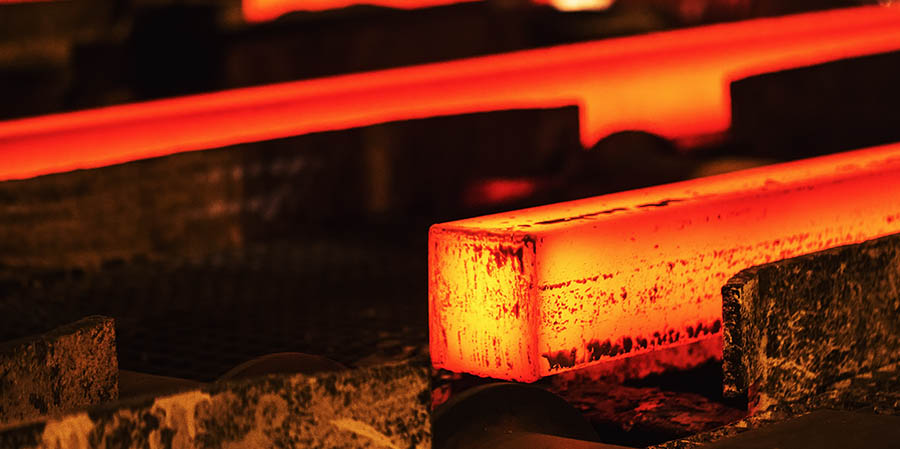How can we transform steel into high-quality rolled stripping solutions and get them from A to B in record time?
Process optimization and reduced waiting times have ruled the steel industry during the last decades but, now more than ever, the metallurgical and steel-processing sectors will definitely not be lagging behind the digital revolution and the innovations related to industry 4.0.
We are currently witnessing a global transformation of supply chains: 21st century steel logistics is smart, connected and more economical. At the heart of this development we find data computing. The digital revolution and increasing connectivity in all economic activities have introduced new IT tools data from an industrial process to be processed and analysed. In the case of a leading company in high-precision cold rolled steel such as Arania, these advantages make it possible to improve decision-taking processes, getting the best out of the resources, and ultimately achieving maximum quality and customer satisfaction.
After a period of exploration, OEMs and leading international logistics providers are finally taking most seriously the priority of modernising their operations into more intelligent and connected procedures. In this context, we are assimilating a new way of understanding the industrial process: logistics 4.0. This term that goes hand in hand with industry 4.0, is also at the centre of the fourth industrial revolution, although it goes relatively unnoticed.
Today, technology is changing the way industrial products reach the customer. Whether it’s offering high-precision cold-rolled steel or other high-quality steel solutions, we cannot talk about logistics 4.0 without mentioning the major pillars that underpin this revolution, such as technological innovations like Big Data and Machine Learning.
In this sense, Big Data has proved to be a very useful industrial tool when it comes to squeezing all the information generated by the supply chain itself and the different actors in an industrial process, whether human or not. With specific software and new powerful computer systems, data collection and analysis are carried out automatically, and logistics teams in a rolled steel production plant can now create models to anticipate market demand and customer needs.
However, the technology that will truly revolutionize industrial logistics is undoubtedly IoT (Internet of Things). Today, we can install sensors in machines, warehouses, means of transport, supply chains… The growing use of connected devices and tools provides useful information that opens several paths to optimize and accelerate all operations, with greater knowledge about details that previously went unnoticed. Key tasks are much easier, such as process management, shipment tracking, timeliness and error detection.
In this context, Arania sees the implementation of new enabling technologies throughout the industrial process as an essential step; connected logistics can make a new digital contribution to the whole supply chain network, improving productivity, automation and connectivity of all operations. These innovations give us access to real-time updated information that allows each team to take the proper decisions at the right time.
Good practices at Arania:
- Our industrial operation lies on a smart automatic spare part warehouse (KARDEX).
- The supply of raw materials is carried out systematically with some of our suppliers, optimizing the whole purchasing process.
- We work without order so there is always finished product, and it is automatically replaced when the customer makes a purchase.
For example, in a smart warehouse, reference data and the physical location of each equipment are shared in real time with all actors through the IoT, providing a global view of activities, creating optimized flows and improving operational efficiency, equipment utilization and work safety.
In the automotive sector, different manufacturers are working hard on the total digitization of their processes, laying the groundwork for the successful implementation of 4.0 logistics systems. For example, Volkswagen is making progress in the integration of the digital supply chain in collaboration with the International Data Spaces organization. However, in order to reach the speed and agility expected in this new industry, it is essential to have full control over the entire supply chain. This is the real challenge, as few companies have today the resources to implement a 100% connected logistics system.
As a leader in high-precision cold-rolled steel, Arania’s commitment to innovation is to explore the many benefits of technological evolution and 4.0 logistics, from reducing costs and response times to improving the supply chain and, ultimately, achieving the highest level of customer satisfaction.
